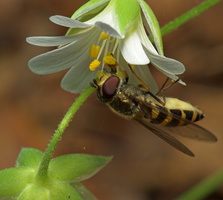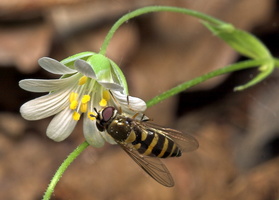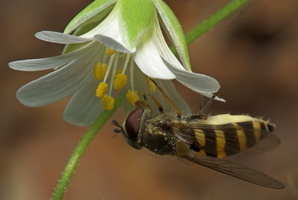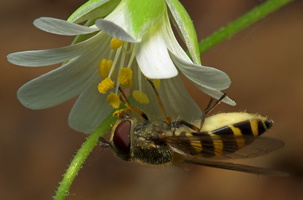- sort orderDefault
Photo title, A → Z
Photo title, Z → A
✔ Date created, new → old
Date created, old → new
Date posted, new → old
Date posted, old → new
Visits, high → low
Random - Google Map
- map
 home / Insecta · vabzdžiai / Diptera · dvisparniai / Syrphidae · žiedmusės / Syrphus vitripennis · stiklasparnė žiedmusė
home / Insecta · vabzdžiai / Diptera · dvisparniai / Syrphidae · žiedmusės / Syrphus vitripennis · stiklasparnė žiedmusė

-
 Syrphus vitripennis · stiklasparnė žiedmusė
Syrphus vitripennis · stiklasparnė žiedmusė
-
 Syrphus vitripennis · stiklasparnė žiedmusė
Syrphus vitripennis · stiklasparnė žiedmusė
-
 Syrphus vitripennis · stiklasparnė žiedmusė
Syrphus vitripennis · stiklasparnė žiedmusė
-
 Syrphus vitripennis · stiklasparnė žiedmusė
Syrphus vitripennis · stiklasparnė žiedmusė
Syrphus vitripennis · stiklasparnė žiedmusė
- glass-winged Syrphus
- Kleine Schwebfliege
- Pikkukirvari
- stiklasparnė žiedmusė
- mszycznik żółtoczarny
https://en.wikipedia.org/wiki/Syrphus_vitripennis It is a very common European and North American species. Frons above lunulae black. It coocurs in deciduous and coniferous woodland and anthropophilic, occurring along field hedges, in suburban gardens and parks. Flies March to October. The larvae feed on aphids and are considered a useful garden species for this reason.
Tergites 3 and 4 with entire yellow bands and lateral margin of tergites black. Male: femora 3 black for basal three-quarters. Female: femora 3 black on basal two-thirds. Both sexes of Syrphus vitripennis can be distinguished from Syrphus ribesii by the presence of large microtrichia-free zones within the second basal cell of the wings. The hind femora of both sexes are 3/4 to 4/5 black (entirely yellow in female S. ribesii, and about 1/2 to 2/3 black in male S. ribesii).